In the landscape of American democracy, the phrase "money talks" resonates deeply, particularly in the context of electoral politics. The price tag associated with running for office has escalated dramatically in recent years, shaping not only the candidates themselves but also the very nature of political discourse and governance.
The Rising Cost of Elections
The cost of campaigning has reached unprecedented levels. According to the Center for Responsive Politics, the 2020 presidential election alone saw candidates and outside groups spending over $14 billion. This figure not only eclipses previous elections but also highlights the growing financial stakes involved in securing political office. From local races to federal elections, candidates are increasingly reliant on hefty financial contributions, often necessitating a relentless fundraising effort that diverts attention from policy issues to mere dollar signs.
Key Factors Driving Costs
Several factors contribute to the rising costs of campaigning:
Media Advertising: As traditional media landscapes evolve, candidates often rely on expensive television and digital advertising to reach potential voters. The fragmentation of media and the rise of social media platforms have made these campaigns more complex and costly.
Targeted Messaging: The ability to segment and target specific voter demographics through data analytics has become essential. Campaigns now employ sophisticated strategies that necessitate substantial investment in technology and analytics.
Increased Competition: The proliferation of candidates, particularly in primary elections, leads to inflated spending as individuals vie for attention and resources. This is compounded by super PACs and interest groups, which can pour unlimited funds into supporting or opposing candidates.
- Fundraising Infrastructure: Candidates often establish extensive fundraising operations to compete effectively. This can include hiring professional fundraisers, developing elaborate donor networks, and hosting high-cost fundraising events that cater to affluent donors.
The Impact of Money on Democracy
The substantial costs associated with campaigning raise significant concerns about equity and representation in American politics. Financial resources often dictate who can run for office and, by extension, whose voices are amplified in the political arena.
Influence of Wealthy Donors
Wealthy individuals and corporations have emerged as potent players in the political landscape. The Supreme Court’s 2010 decision in Citizens United v. FEC dramatically altered the campaign finance landscape, allowing unlimited independent spending by corporations and unions. This decision has led to the proliferation of super PACs, which can raise and spend unlimited sums to influence elections. As a consequence, candidates may find themselves catering more to the interests of their financial backers than to their constituents, raising ethical concerns about the integrity of the electoral process.
Challenges for Grassroots Campaigns
For grassroots candidates or those with limited financial backing, the uphill battle is significant. While some have found success through innovative strategies and local engagements, the reality remains that without substantial funding, competing against well-financed incumbents or challengers is increasingly daunting. The disparity in fundraising capabilities can lead to a homogenization of political voices, with less room for diverse perspectives.
Legislative Responses and Reforms
In response to concerns about the influence of money in politics, various reforms have been proposed. Public financing of campaigns, stricter limits on contributions, and enhanced transparency around donor funding have all been discussed as potential solutions. Some states and municipalities have begun to implement their own reforms, demonstrating that change is possible at local levels.
The Role of Voter Engagement
Voter engagement initiatives are also crucial. Educating citizens about the importance of their vote and the impact of financial influence can galvanize grassroots movements. When voters are informed and engaged, they can pressure elected officials to prioritize the public good over special interests.
Conclusion
The cost of campaigning is a defining feature of American elections. It shapes who runs for office, the messages conveyed during campaigns, and ultimately, who holds the reins of power. As the interplay between money and politics continues to evolve, it is essential for citizens to remain vigilant about the implications of campaign finance on democracy and to advocate for reforms that uphold the principle of equal representation. The future of American democracy may very well hinge on how effectively we can manage the influence of money in elections.


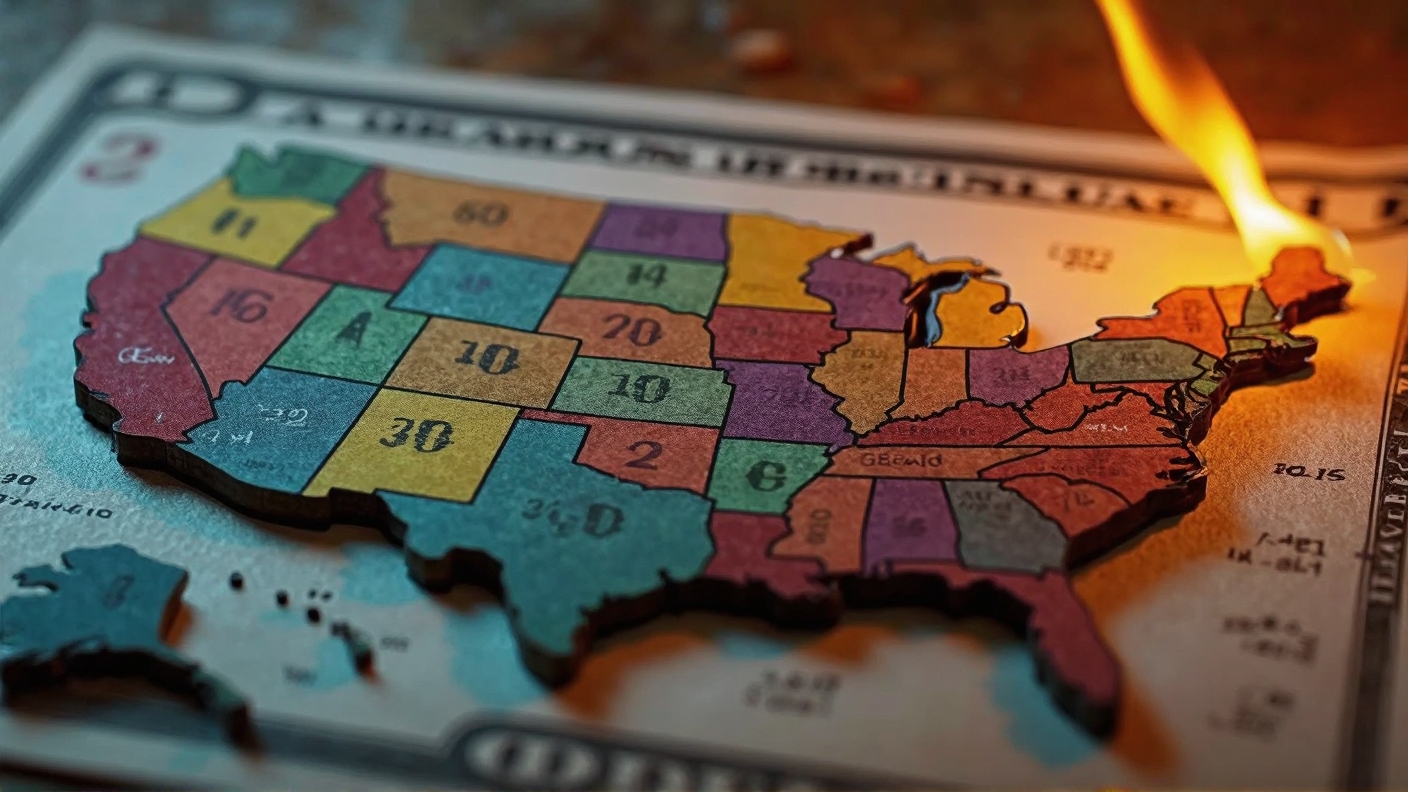


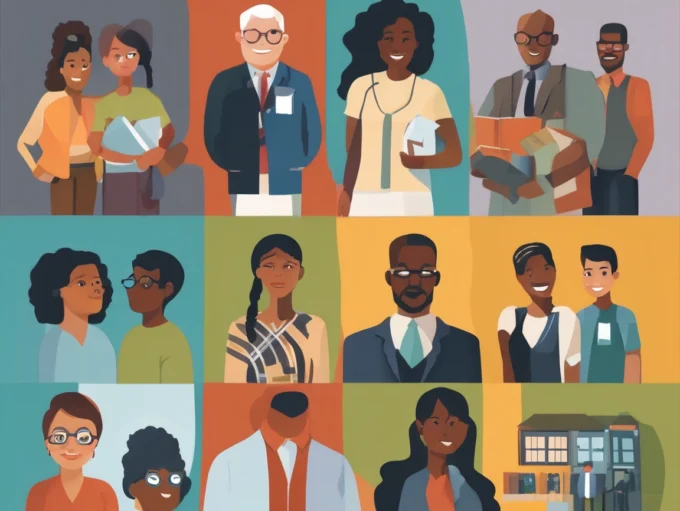
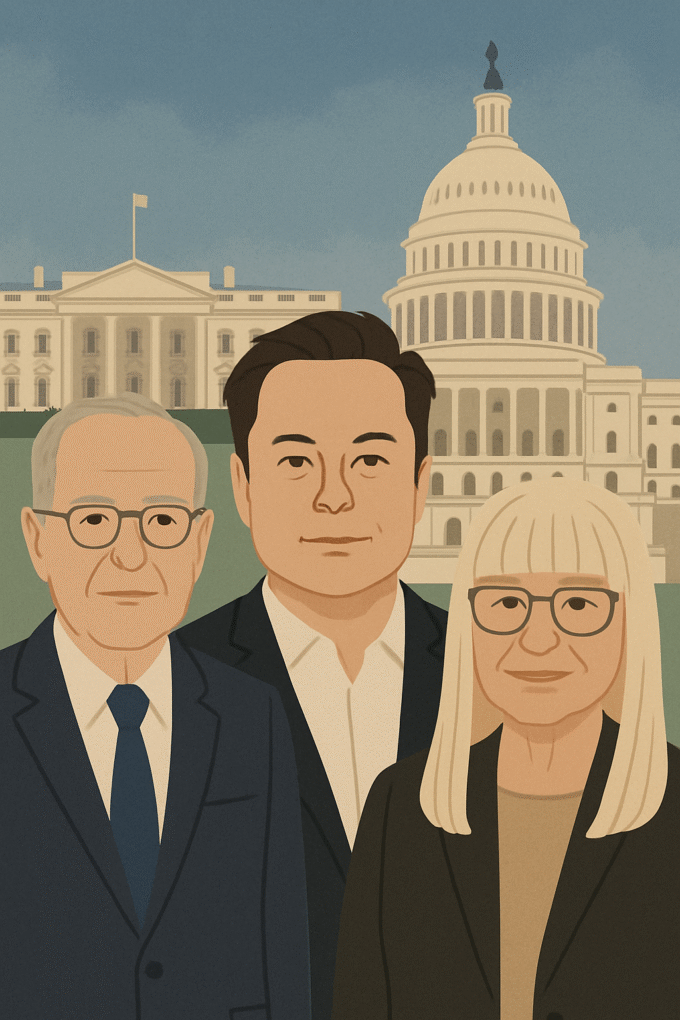
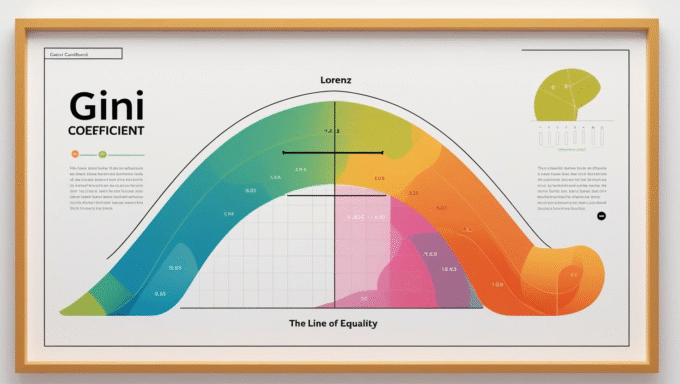

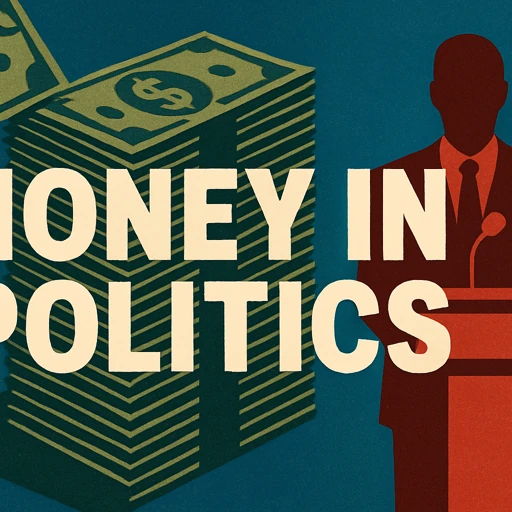

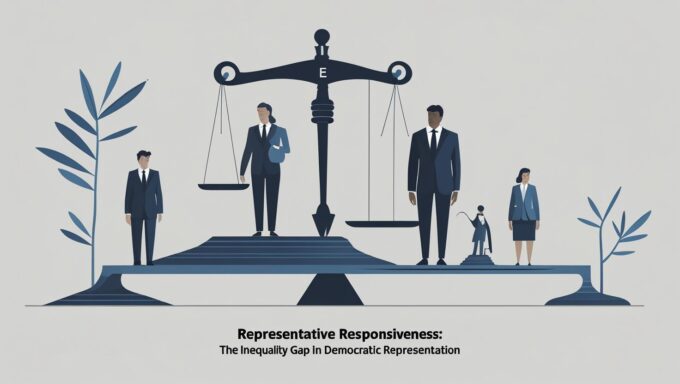

Leave a comment